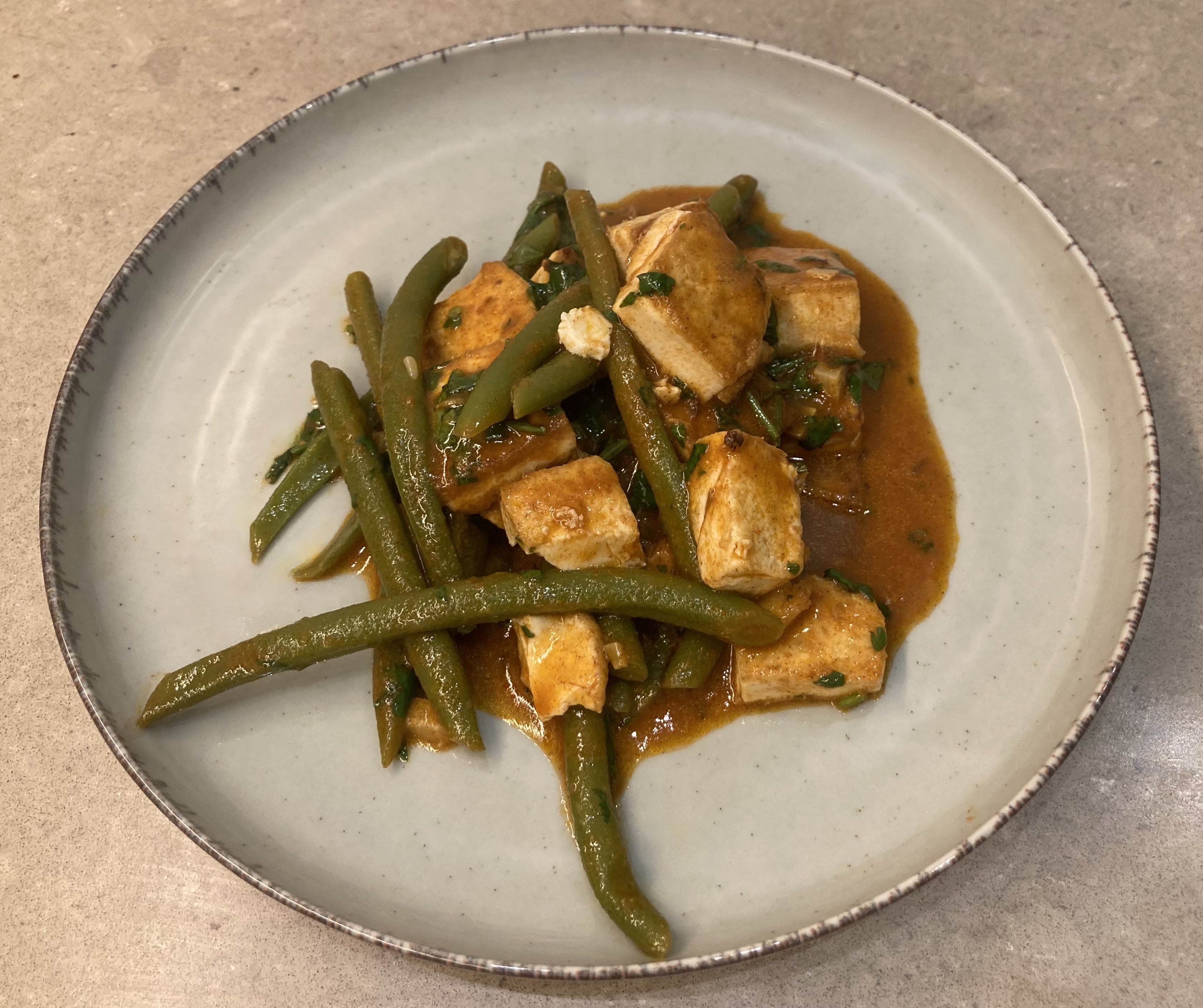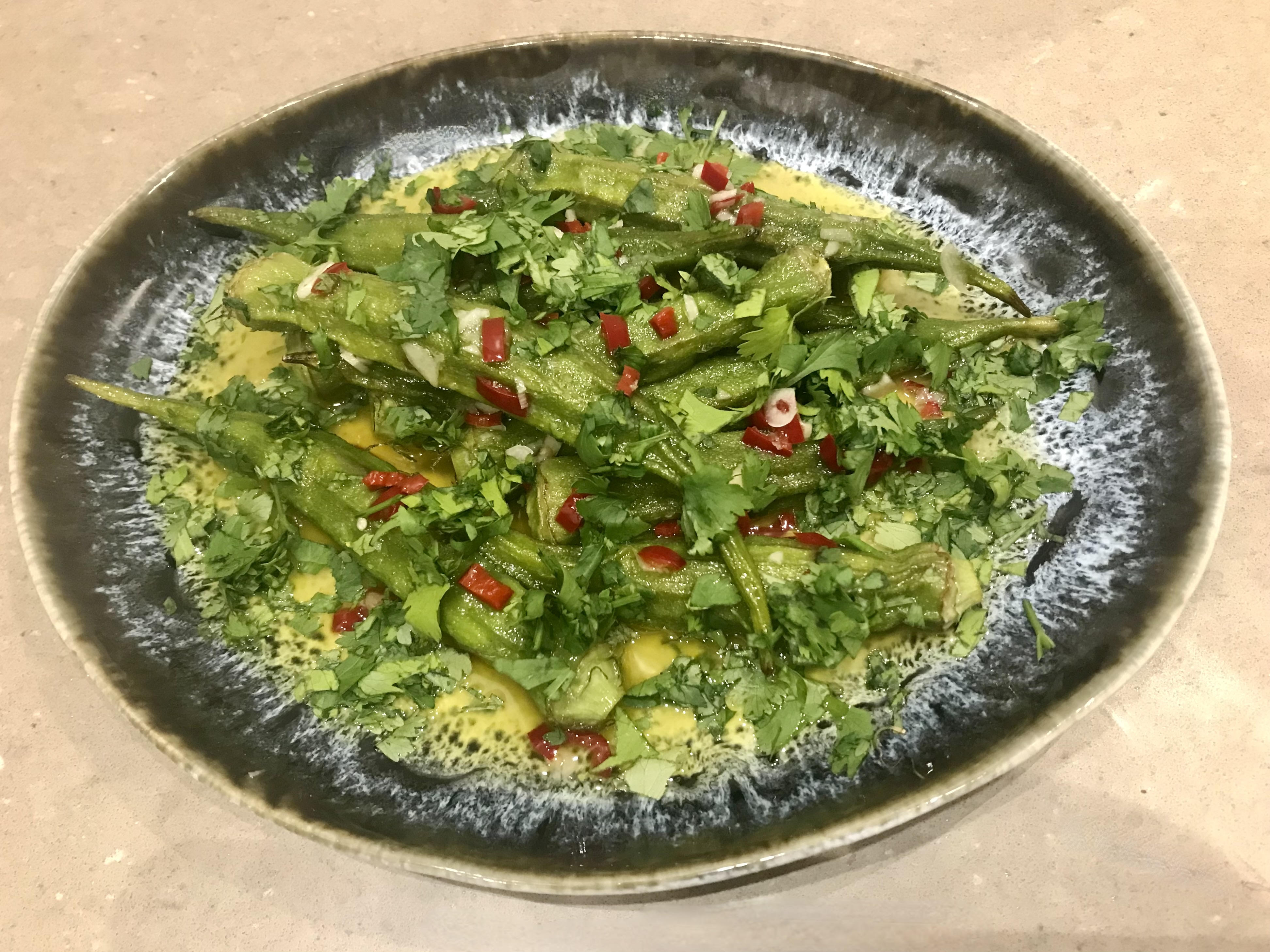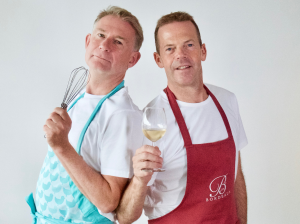Ottolenghi’s SIMPLE
In 2017 during the Amsterdam Symposium on the History of Food, Yotam Ottolenghi was awarded the prestigious Johannes Van Dam prize, in recognition of his contribution to the culinary tradition. The prize is named after Dutch culinary author and critic Johannes van Dam who was not only known for his reviews of restaurants but also for his massive collection of books on food and drinks. The jury, chaired by Professor Louise O. Fresco, mentioned his passion for vegetables and his talent to bring colour and flavours to his food. She also mentioned his influence on what we eat in general and how he made bold, tasty Mediterranean ingredients and food popular and accessible through his books.
Yotam Ottolenghi is a well-known and very successful chef, patron, restaurateur and cookbook author. If someone says, “This is a recipe from Yotam Ottolenghi”, the suggestion is that the food will be exciting, colourful, vegetable focused, delicious and absolutely modern.
During one of the breaks, we leaved through his books. Great pictures, nice design, well written recipes and the food delectable. Perhaps we should buy one of his books?
For some reason we didn’t.
When Bernadette suggested to review SIMPLE, as part of her excellent series of cookbook reviews, we borrowed a copy and decided to make two recipes: Tofu and French beans with chraimeh sauce and Quick okra with sweet and sour dressing. The Tofu-dish is labelled with S, meaning it’s Short on Time. The Okra one is labelled with S and I, meaning it has 10 or less Ingredients and is Short on Time.
Tofu
The tofu dish is a combination of French beans, flour, tofu, sunflower oil, dill, black pepper, salt and coriander. The chraimeh sauce is made with garlic cloves, sweet paprika, caraway seeds, ground cumin, ground cinnamon, green chilli, sunflower oil, tomato paste, caster sugar and lime juice. The result is tasty and flavourful, although, honestly, we think it would be better to leave out the tofu. Then you would have a very nice side dish. The chraimeh sauce will probably combine very well with fish. The recipe for this dish was published in the Guardian.
Okra
We love okra, so we were keen to make the salad. It’s a combination of okra, olive oil, garlic cloves, red chilli, sweet chilli sauce, maple syrup, lime juice, sesame oil, coriander leaf and salted roasted peanuts. We didn’t add peanuts. The salad was very nice and balanced with lots of flavours. One to remember. This recipe was also published in the Guardian.
The Book
We enjoyed both dishes, but we haven’t bought SIMPLE for a number of practical reasons. For instance, the vast majority of the recipes requires you to preheat your oven to 180 °C or 200 °C. Not something you’d like to do on a regular basis if you cook for 2 persons as we do most days. Another practical point is the size of his books: they simply don’t fit in our bookcase. Fortunately he has published many recipes on his website and there are 60 videos available via his YouTube channel.
Should SIMPLE be on your shelf? Probably yes if you’re looking for very tasty dishes, clear instructions, inspirational combinations and beautiful pictures. But we could also imagine that you’re happy reading his weekly recipes in the Guardian! SIMPLE is available via your local bookstore or via the well known channels for 20 US$ or 26 Euro.














